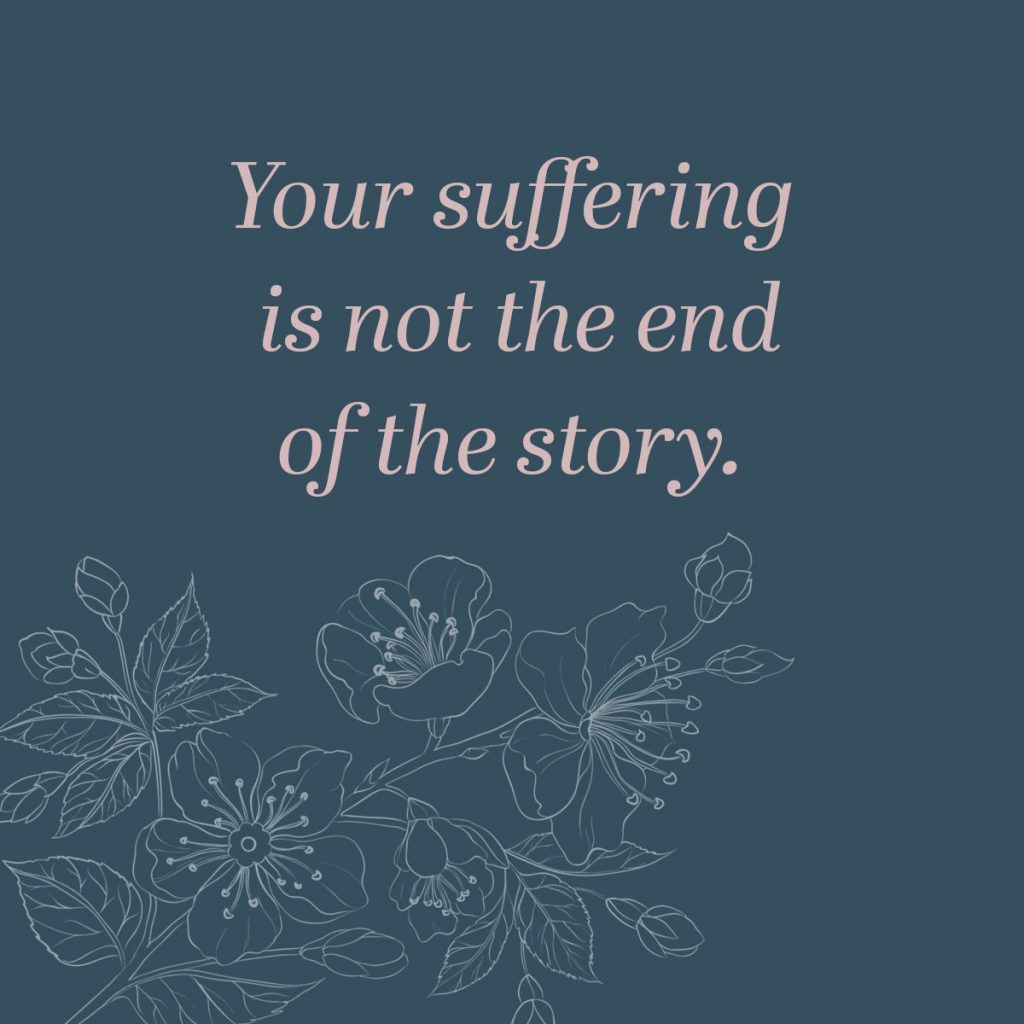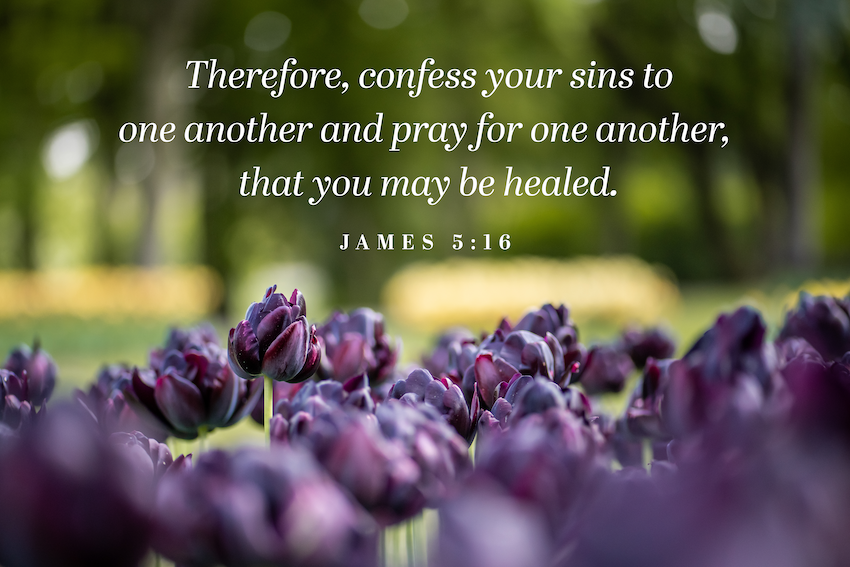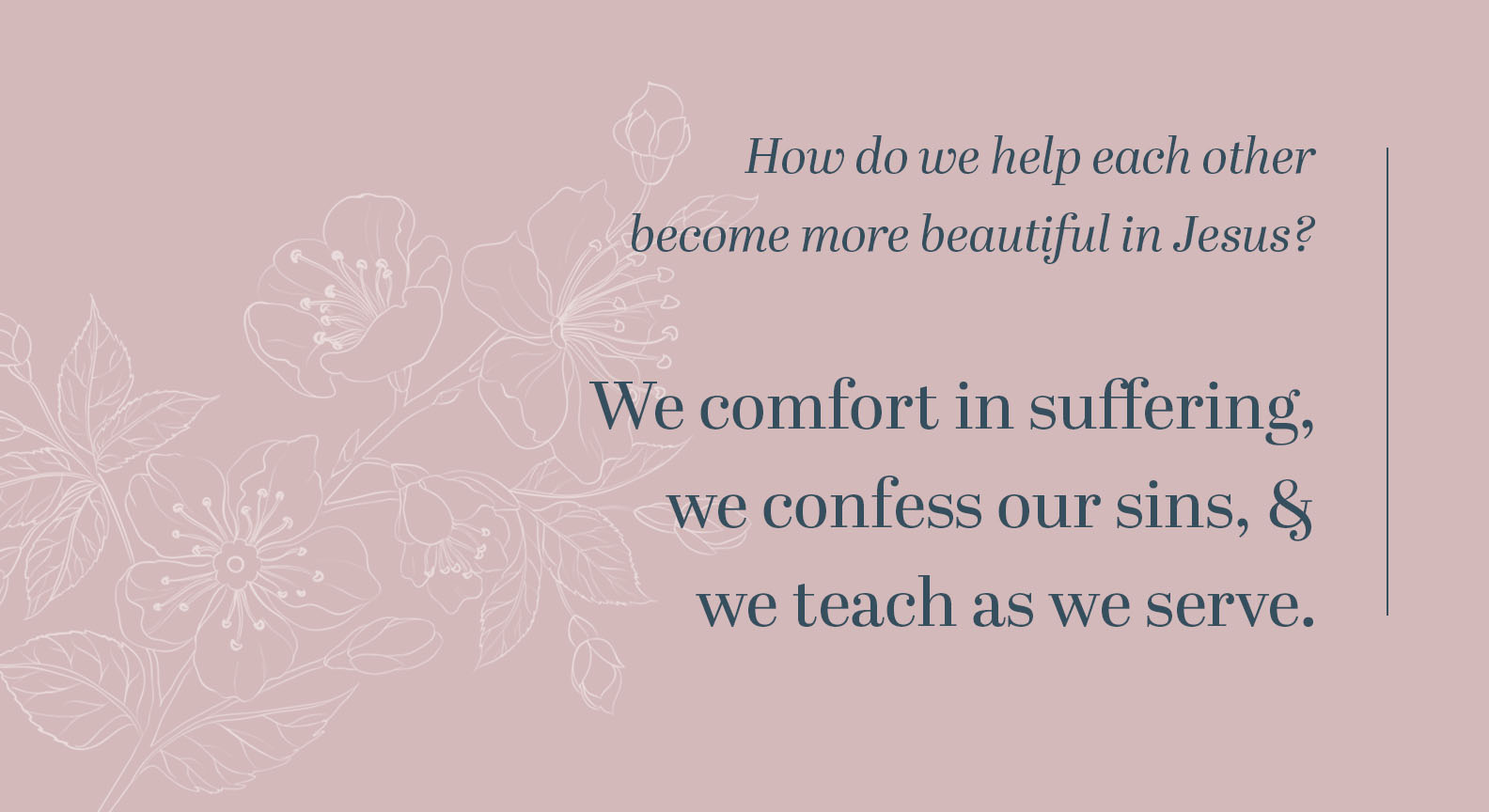On Revelation and Humility
By Elizabeth Sunshine
“By what right … do you say that you know God better than they do, that your God is better than theirs, that you have an access that I can’t claim to have, to knowing not just that there is a God, but that you know his mind. You put it modestly, but it is a fantastically arrogant claim that you make — an incredibly immodest claim.”
Christopher Hitchens
Today I started the theology class I’m teaching with this quote from the great theologian Christopher Hitchens (who would hate that I just called him a theologian). He said it in 2008 in a debate with a rabbi. I wanted to use it to wake up my college freshmen (the class is at 8 am) as well as to make a point: Hitchens is right, sort of. It really is incredible to claim to know the mind of the creator of the universe, and even more so to claim to actually have a relationship with him. By what right do religious people (Jewish, Christian or otherwise) make this claim?
I hope that my students felt the suspense, because Hitchens really does have a good point. If we claim that we know God’s mind because we are smarter, wiser, or more moral than others, we deserve to be called “fantastically arrogant.”
But perhaps my students didn’t feel suspense because they had the answer staring them in the face on the syllabus. The title of today’s class was “Revelation.”
You see, the reason why it’s not arrogant to claim to know about God, and even to know God, is that God is not like the laws of science.
Scientific laws are impersonal. They’re patterns that physical objects conform to that are out there waiting to be discovered. Gravity didn’t send a message to Isaac Newton explaining how it worked because gravity isn’t a person. God is. And that makes all the difference because a person can communicate. A person can make an effort to reach out and get to know someone. And if Christians are right, that’s exactly what God did.
God reached down to us, revealing himself to us. That is how we can know God, and it has nothing to do with our abilities or morality. It has everything to do with God’s choice. When a Christian claims to know God, it says more about God than it does about the Christian.
We’re going to spend most of the class talking about the content of God’s revelation. We’ll go through the Bible, starting in Genesis 1, and discuss what claims the text makes, and what those claims say about God. But I wanted my students to pause and reflect on what the mere fact of revelation says about God.
The first point is one we’ve already covered: God is a person, not a force. He can choose to speak. The fact that he did so choose says something else: God loves his creation and wants to be in relationship with it. And that relationship requires incredible humility on God’s part.
We don’t often think of God as being humble. Good, yes. Loving, yes. But not humble. Christians would (or at least should) affirm that humility is good, and we would also say that God is the source and the complete exemplar of all that is good. So it stands to reason that God would be humble. But it’s hard to think of him that way, perhaps because God is so great.
Think of it this way: consider something you know a lot about and care about deeply, whether it be your work, a hobby, or just a subject that interests you. Imagine trying to explain that thing to a three-year-old. Unless you’re a preschool teacher (or maybe unless the subject is trucks or dinosaurs), you’re going to have a hard time. The three-year-old is likely to be confused, and you’ll have to oversimplify a lot. The child may even going away thinking the subject is boring. You’re likely to end up frustrated and disappointed.
Explaining something you care about in terms the child can understand is an act of humility as you make your interest seem less than it really is in order to connect with someone. That’s what God does every time he reveals himself. God’s actual being is far beyond us, even more so than quantum physics is beyond a three-year-old. Our conceptions of him, grand as they may be, inevitably fall short of reality because we are finite and cannot grasp infinity. So God simplifies himself, presents himself to us in ways we can kind of understand, makes himself seem less than he is, just so he can be in relationship with us.
For Christians, the ultimate revelation is the person of Jesus, who is also the ultimate example of divine humility, of God appearing less than he is for the sake of humanity.
But this humility is also shown in God’s revealing himself to us in the text of the Bible. This humility comes to us when we do not at all deserve it. It is an act of grace.
The name of the class I’m teaching is Foundations of Theology. The phrase comes from Dei Verbum, one of the documents that came out of Vatican II, which calls Scripture and tradition the foundations of theology. But you could also say (and I think the writers of the document would agree) that the foundation of theology is God’s humble revelation of himself to finite humans. The foundation of theology is grace.

Elizabeth Sunshine is a Ph.D. student at the University of Notre Dame, where she is studying Christianity and Judaism in Antiquity. She grew up in Connecticut but now lives right on the border between Michigan and Indiana. After college, she worked in Taipei, Taiwan as an editor for Studio Classroom, an English-teaching magazine, where she also wrote scripts for TV shows, led summer camps, and taught an English Bible study. In her free time, she enjoys walking outside, reading fantasy novels, and knitting. She also blogs at Logos and Love.

 I learned that all the losses had a purpose—so I could be there to comfort my friends. God has helped me as a young adult to continue doing that. He has given me comfort to give others. That’s His goodness! Suffering you experience is an opportunity to run to the Father and be comforted. And others’ suffering is an opportunity to share God’s comfort. Your suffering is a commission. Because you’ve suffered, you’re a messenger of hope and comfort to a world without hope and full of false comforts.
I learned that all the losses had a purpose—so I could be there to comfort my friends. God has helped me as a young adult to continue doing that. He has given me comfort to give others. That’s His goodness! Suffering you experience is an opportunity to run to the Father and be comforted. And others’ suffering is an opportunity to share God’s comfort. Your suffering is a commission. Because you’ve suffered, you’re a messenger of hope and comfort to a world without hope and full of false comforts.



